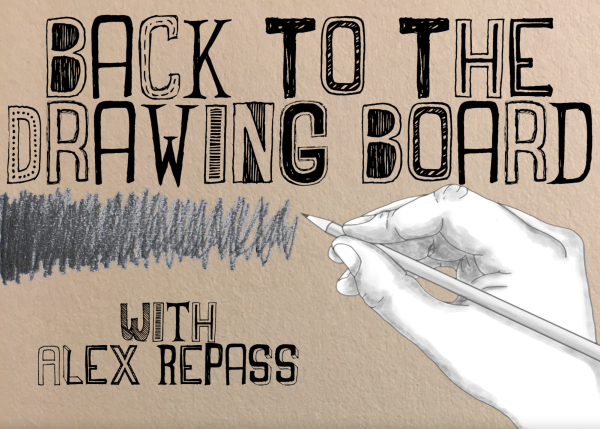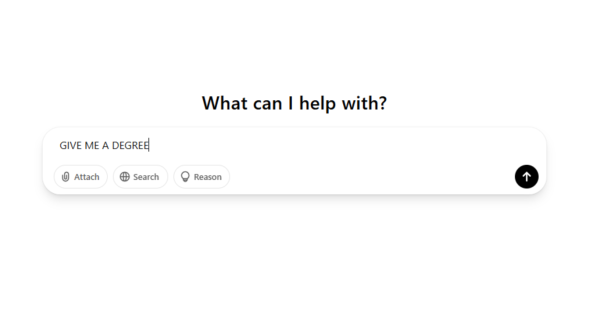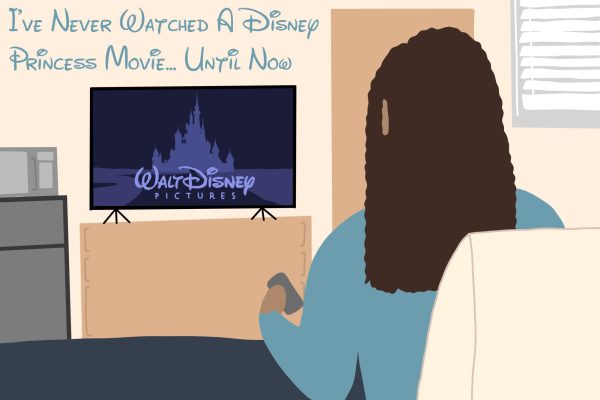President Trump is a racist. Here’s why you should be concerned
It is no longer a secret. President Trump is racist. Trump and the Republican Party at large have seen the utility of using racism as a political tool. By weaponizing racism, Trump and the GOP have been able to drum up political support among GOP voters. And it’s working. By tapping into xenophobia and racism, Trump is garnering more support from the far-right, who are growing bolder and becoming louder. As Americans, we should all find this to be of great concern.
In July, Trump tweeted that “The Squad,” a progressive group of four congresswomen who are all people of color, should “go back” to the countries “from which they came from.” Telling a person of color to go back to where he or she came from is a racist trope with a long and ugly history. Instead of condemning his racist comments, the Republican Party as an institution has stood behind their president. All four congresswomen are American citizens. In fact, you cannot be a sitting member of Congress and not be an American citizen. Out of the four women, only Ilhan Omar was born outside the United States. She became a naturalized citizen in 2000.
At this time, I would like to note that these four women did not run for Congress out of hatred or sheer dislike for this country like the president claims. They received a mandate from their constituents to go to Washington and enact real change for their constituents and for the country, in order to make the country a better place for all — not just the elite and the wealthy.
In a closed-door Oval Office meeting in 2018, the president was quoted by lawmakers expressing frustration with the number of immigrants coming to the country.
“Why do we want all these people from ‘shithole countries’ coming here?” Trump asked.
He added that the U.S. should start taking in more immigrants from countries like Norway, which if you did not know is predominantly white. Lawmakers who were present in the meeting that day were apparently ‘shocked’ by these comments.
I am not shocked by these comments. I have never been shocked by any of the racist rhetoric that has come out of the White House under this administration. If you’re using racist rhetoric, you’re most likely a racist. Period.
Still think the president isn’t racist? Think again.
Before he was elected in 2016, Trump received an endorsement from a former Grand Wizard of the Ku Klux Klan, David Duke. Instead of condemning his endorsement right away, Trump initially refused to do so, instead claiming to not be familiar with the Klan and Duke himself. Trump later issued a halfhearted condemnation of Duke and the Klan. In the aftermath of the Unite the Right rally in Charlottesville, Va. and the murder of Heather Heyer, the president still seemed inept to condemn white supremacism outright. Instead, the president issued more halfhearted condemnations of “hatred and violence” that same day, with no mention of neo-Nazis and white supremacists until later on.
When the president finally did mention neo-Nazis and white supremacists, he undercut his remarks by blaming “both sides” for the violence at the rally and said that they were, “very fine people” on both sides.
Mr. President, neo-Nazis and white supremacists are not “fine” people. I cannot believe I have to say this. You cannot make a moral argument comparing racists to the people who are countering them. You are the President of the United States and all of its people.
And his rhetoric resonates with people, not only here in the United States but abroad as well. This rhetoric can have deadly and violent consequences.
In the years since his election, the United States and the world at large have seen more and more acts of terrorism committed, not by radical Islamic extremists, but by white nationalists and supremacists.
In the aftermath of the Christchurch mosque attacks in New Zealand this past March, it was revealed that the gunman allegedly wrote a manifesto in which he praised the president for being, “a symbol of renewed white identity and common purpose.” Back here in the United States, the number of hate groups has risen sharply. According to the Southern Poverty Law Center (SPLC), the number of hate groups rose to a record high of 1,020. This marked the fourth straight year of hate group growth, which happens to coincide with the Trump campaign and presidency. Many observers and even white supremacists themselves point to the president’s anti-immigrant and racist rhetoric for this unprecedented increase.
Much of the violence that has emanated from these hate groups has originated from white nationalist hate groups. The SPLC also reported the FBI found that hate crimes have increased by 30 percent as of 2017.
These numbers paint a daunting picture. Not only is the president a polarizing figure politically, he has become a radicalizing figure who routinely fans the flames of racism, xenophobia and white supremacy to further his political agenda. As Americans, whether you are a democrat, independent or yes, a republican, we should all be concerned. This can no longer be ignored.





